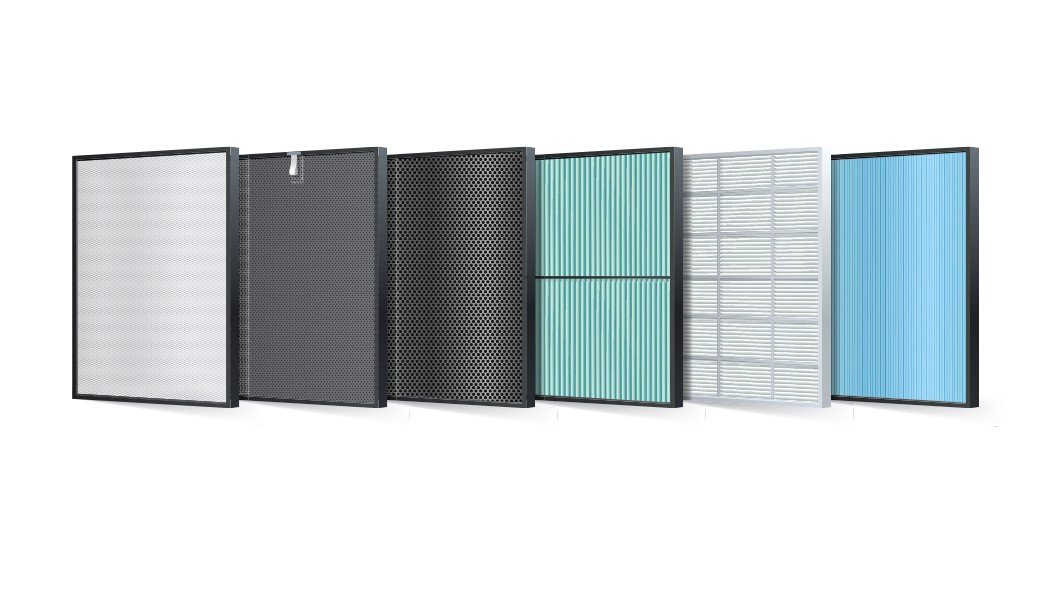Keeping your indoor air clean is essential for a healthy living environment, and one of the simplest ways to achieve this is through regular air filter changes. Over time, air filters can become clogged with dust, pollen, and other allergens. When this happens, their effectiveness decreases, causing your heating and cooling system to work harder and less efficiently.
Following an air filter replacement schedule is crucial for maintaining optimal air quality in your home. When your air filters are clean, they can efficiently trap dust and allergens, which helps reduce the amount of pollution circulating in your indoor air. This can be particularly beneficial for individuals with allergies or respiratory issues, as it minimizes their exposure to irritants.
Regularly changing your air filters can also save you money in the long run. When filters are clogged, your HVAC system operates less efficiently, which can lead to higher energy bills. By adhering to an air filter replacement schedule, you not only enhance your comfort levels but also extend the life of your heating and cooling system, preventing costly repairs and replacements down the road.
Moreover, developing a habit of checking and changing your air filters can promote a sense of responsibility for your home's maintenance. Setting reminders on your calendar or using a smart home device can help you stay on track with your air filter replacement schedule, ensuring that you and your family breathe cleaner air all year round.
Signs Your Air Filter Needs Replacement
Keeping an eye on your air filter is essential for maintaining good air quality in your home. One of the first signs that your air filter needs replacement is reduced airflow. If you notice that your heating or cooling system seems less effective, it could be struggling to push air through a clogged filter. This not only leads to discomfort in your living space but can also increase energy bills as your system works harder to maintain the desired temperature.
Another indicator that it's time for an air filter replacement is visible dirt and dust accumulation on the filter itself. When you remove the filter, check for excessive dirt, mold, or other debris. If it's covered in grime, it's definitely time to change it out. Regularly inspecting and replacing your filter according to an air filter replacement schedule will help ensure that your HVAC system works efficiently and keeps your indoor air clean.
You might also notice a musty smell in your home. If your air filter is saturated with contaminants, it can contribute to unpleasant odors circulating through your system. A clean filter not only improves airflow but also helps eliminate these odors, creating a fresher living environment. If you detect any strange or musty smells, it’s a good indication that you should check your filter and consider a replacement.
Lastly, pay attention to how often you are replacing your filter. If you find yourself needing to change it more frequently than usual, it could be a sign of other underlying issues, such as increased dust levels in your home or problems with your HVAC system itself. Following a regular air filter replacement schedule can help mitigate these issues and maintain optimal performance of your heating and cooling systems.
Recommended Replacement Frequency by Type
When it comes to maintaining your home's air quality, understanding the recommended replacement frequency for different types of air filters is crucial. Each type of filter serves a specific purpose, and their lifespan can vary depending on various factors such as usage, environment, and filter quality. Here’s a breakdown of common air filter types and their recommended replacement schedules.
Fiberglass Filters are among the most common and affordable options. These filters usually have a lifespan of about 30 days. While they are efficient at trapping large particles like dust and lint, they do not capture smaller pollutants effectively. Given their short lifespan, you should adhere closely to an air filter replacement schedule to ensure optimal performance.
Pleated Filters offer a more effective solution compared to fiberglass filters. With a lifespan of 3 to 6 months, these filters catch finer particles, including pollen and pet dander. To maximize their efficiency, check them regularly and replace them every few months as recommended in your air filter replacement schedule. This helps maintain good indoor air quality and supports your HVAC system.
HEPA Filters are designed for those who seek high-efficiency air filtration. These filters can last anywhere from 6 months to a year, depending on the model and usage conditions. Because they capture even the smallest particles, they are ideal for allergy sufferers. Just be sure to follow the air filter replacement schedule to enjoy fresh, clean air without interruption.
Tips for Easy Air Filter Maintenance
First and foremost, create a reminder system. Mark your calendar or set alerts on your phone for when it’s time to check your air filters. Many homeowners forget to change filters regularly, but having a visual or auditory cue can help keep this task fresh in mind. Consider adhering to a specific replacement schedule based on the type of air filters you use, such as monthly, quarterly, or annually.
Secondly, make the replacement process as easy as possible. Keep spare filters on hand so that when it is time for a change, you’re not caught off guard. Store them in a designated spot that's easy to access, like next to your HVAC unit. This way, you can quickly replace the old filter without having to make a trip to the store.
Lastly, during each filter change, take a moment to inspect the condition of your HVAC system. Look for signs of dust accumulation around the unit or vents. A clean system works more effectively, which can make a noticeable difference in your air quality. This practice of regular visual checks can help keep you well-informed about the overall health of your system and assist in maintaining your air filter replacement schedule.
